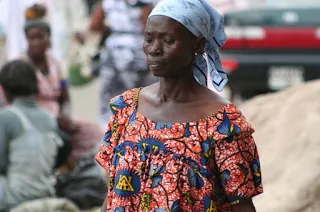The Ashanti Kingdom: Ghana's Living Legacy in 2025
The Ashanti Region: Where Ancient Kingdom Meets Modern Ghana
In the heart of Ghana's middle belt lies the Ashanti Region, a vibrant administrative area where tradition and progress intersect. Home primarily to the Ashanti people—one of Ghana's most influential ethnic groups—this region continues to be a cultural powerhouse in West Africa.

Ashanti cultural traditions continue to thrive in contemporary Ghanaian society
Language and Global Influence
The primary language, Twi (pronounced "tree"), remains a vital link to Ashanti heritage. While the kingdom's historical influence extended far beyond modern Ghana's borders, today the Ashanti diaspora spreads this rich culture worldwide while maintaining strong roots in the region.
The Ashanti Today: By the Numbers (2025)
- 14.8% of Ghana's population claims Ashanti heritage
- 30.1% of Ghana's Akan population are Ashanti
- 3 million+ Ashanti people maintain active cultural connections
From Ancient Empire to Modern Powerhouse
The Ashanti story begins with the Oyoko clan around Asantemanso. After periods under Akwamu and Denkyira rule, King Osei-Tutu I (1695-1717) forged a powerful empire following the Battle of Feyiase. The legendary partnership with spiritual leader Okomfo Anokye, including the miraculous descent of the Golden Stool from heaven, established a kingdom that would dominate the region for centuries.
Living Traditions in 2025
Ashanti cultural practices remain vibrantly alive through festivals like Akwasidae and AdaeKese. These aren't merely historical reenactments but active religious ceremonies that honor ancestors while strengthening community bonds. The belief that past leaders spiritually guide current generations continues to shape Ashanti worldview.
The Ashanti Global Footprint
While the empire's political power declined after King Prempeh I's exile, Ashanti cultural influence has globalized. From kente cloth on international runways to Ashanti business networks spanning continents, the legacy continues to evolve while maintaining core traditions.

























